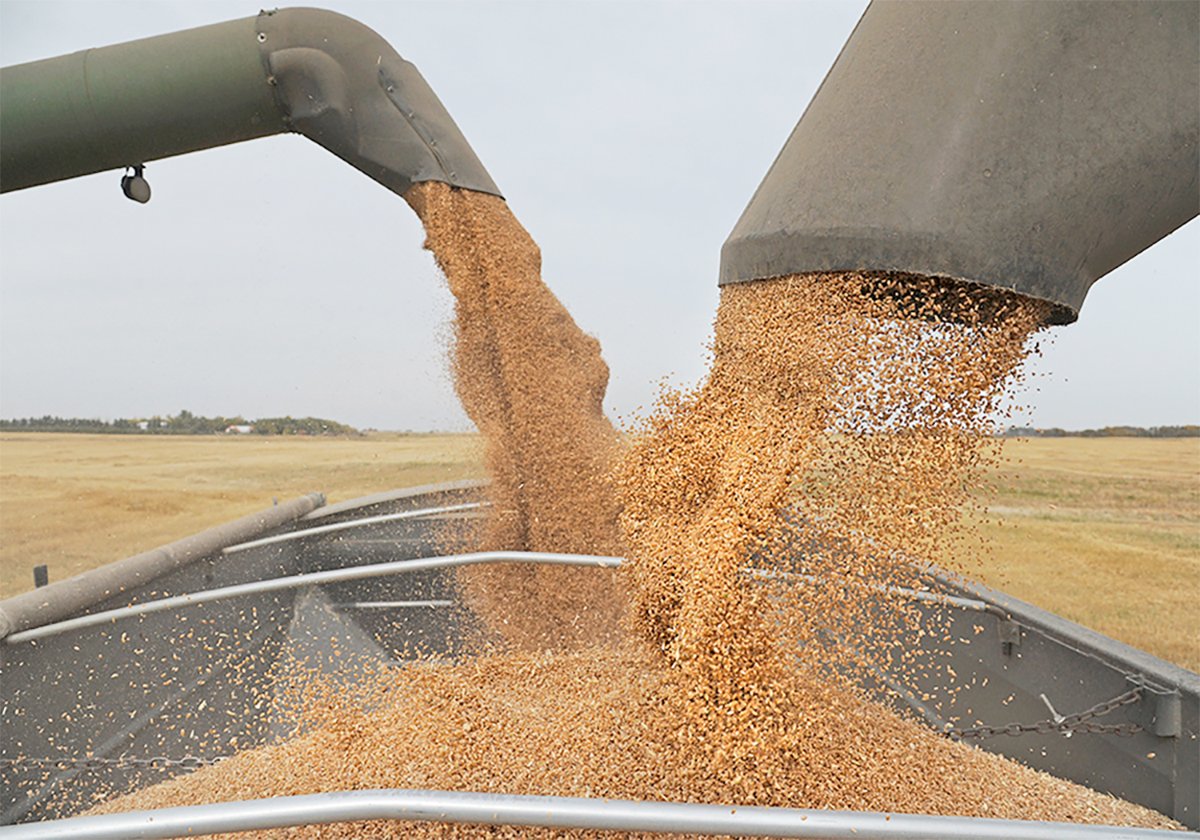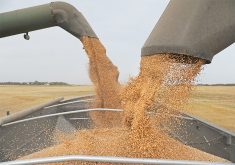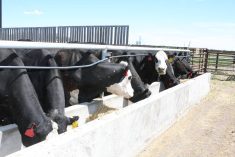Canadian farmers might watch the booming ethanol industry in the United States with envy and wish to copy the situation.
But they should be careful what they wish for.
An irrational exuberance characterizes U.S. renewable fuel development, driven by politics and security.
Subsidies and fuel use mandates have sparked a frenzy of ethanol plant construction and more government stimulation is imminent.
Crop producers enjoy the strong prices created by ethanol demand and rural areas benefit from jobs and economic activity associated with the fuel plants.
Read Also

Agriculture productivity can be increased with little or no cost
There’s a way to enhance agricultural productivity with little or no cost. It doesn’t even require a bunch of legislative changes.
But the incentives also threaten to create an overbuilt, unsustainable industry dependent on government aid and in danger of being overtaken by new technology.
As the federal government in Ottawa puts finishing touches on the expected biofuel incentive package in the next budget, it must ensure that legitimate help for a new technology does not degenerate into corporate welfare for an unsustainable industry.
That is the danger in American policy.
There, ethanol production enjoys a host of federal and state subsidies and mandates that cost an estimated $5.5 billion to $7.3 billion US a year.
Spending is expected to explode if a proposed vast expansion proceeds.
U.S. president George Bush has called for Congress to raise the mandatory federal renewable fuels standard to 35 billion gallons by 2017, an almost five-fold increase from the current goal of 7.5 billion gallons by 2012.
Few political voices rise against this spending because in America, support for ethanol is seen as pro environment, pro farmer (vital in the electoral fight over key Midwest states) and anti terrorist because, arguably, they reduce reliance on Middle East oil.
But such largess could turn the public against biofuel before it reaches its true potential.
Large portions of the subsidies go to big, wealthy corporations that don’t need government handouts. The unbridled expansion’s effect of raising corn prices and lowering livestock producers’ profits has split agriculture.
The environmental benefits of biofuel are too often oversold in promoters’ boasts.
A ballooning of ethanol requirements will strain the fuel delivery system, causing system disruptions that irritate motorists.
If this causes public perception to shift against ethanol, political support will evaporate, pulling the rug from ethanol producers and investors, many of whom are farmers.
None of this implies that Canada should abandon biofuel development.
Biofuel represents a great way to use the modest annual production surplus that condemns the grains sector to low prices.
Supporting the sector now will encourage research needed to transition it to more efficient technologies using feedstock like cellulose to greatly expand biofuel’s role in reducing greenhouse gases.
But we need not copy American giveaways. A realistic, made in Canada policy can create a sustainable industry that will benefit farmers and all Canadians now and in the future.
Bruce Dyck, Terry Fries, Barb Glen, D’Arce McMillan and Ken Zacharias collaborate in the writing of Western Producer editorials.














